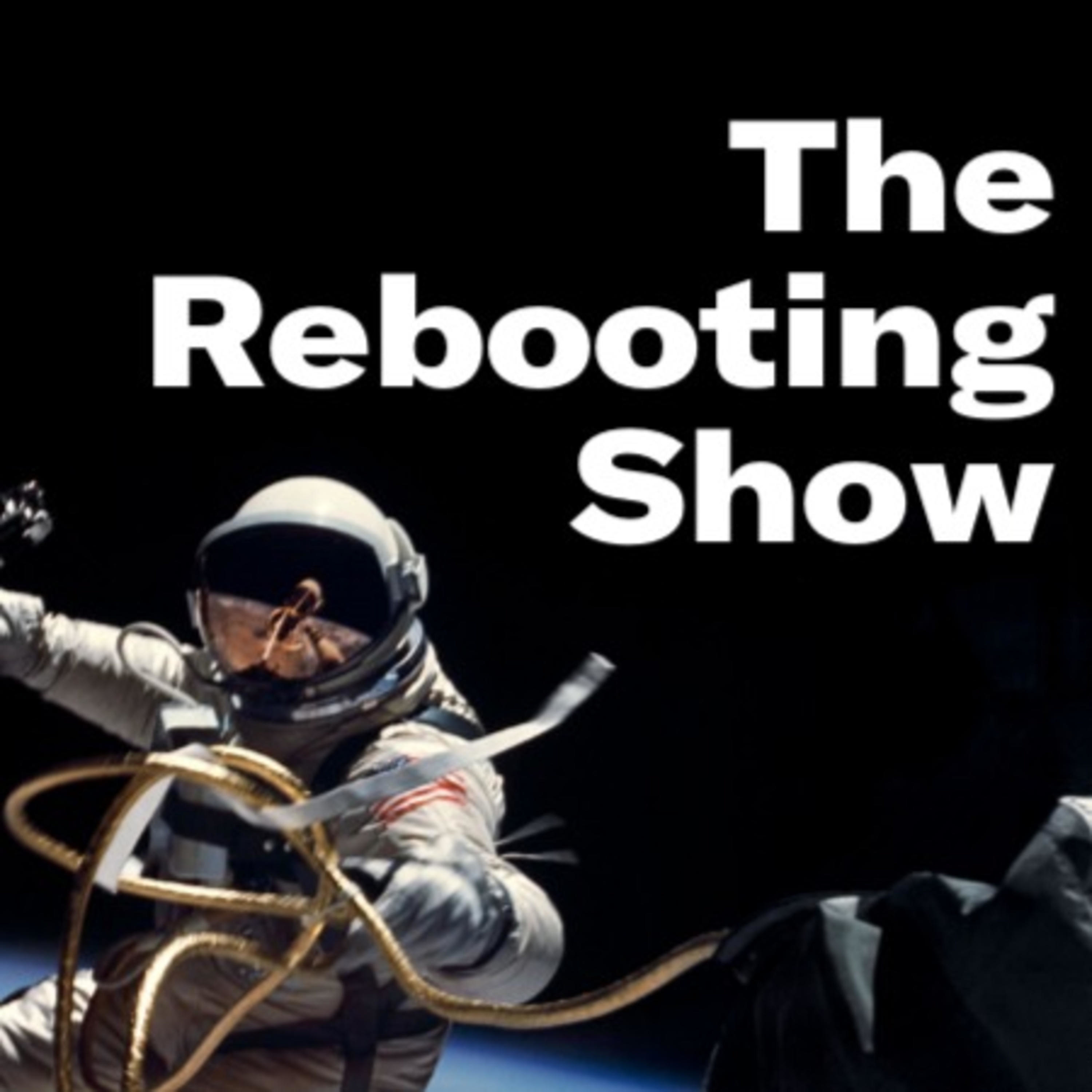

The Rebooting Show
Brian Morrissey
The Rebooting Show gets into the weeds with those building and operating media businesses, giving an open view into how the smartest people in the media business are building sustainable media businesses.
https://www.therebooting.com/ (www.therebooting.com)
https://www.therebooting.com/ (www.therebooting.com)
Episodes
Mentioned books

Feb 6, 2024 • 56min
Introducing The Rebooting memberships
In this podcast, the hosts discuss the importance of sequencing your business and realizing your 'unfair advantages.' They also explore the significance of first-party data in a niche media business and orienting subscriptions for specific audience segments. Additionally, they delve into the challenge of 'getting to start' and figuring out pricing. They highlight the importance of understanding client motivations in selling sponsorships and share survey results and strategies for the rebooting. They also discuss staying true to your worldview while incorporating audience input and express excitement about building a community to support sustainable media companies.

8 snips
Jan 30, 2024 • 45min
Life after the pageview
Scott Messer, digital media veteran, discusses the structural changes to publishing business, including the deprecation of third-party cookies and the role of search. The podcast also explores challenges faced by publishers, limitations of cookies on the web, bid enrichment, and navigating the ad tech tax.

Jan 23, 2024 • 47min
The Juggernaut’s bet on subscriptions
Founder and CEO of The Juggernaut, Snigda Sur, discusses the need for a publication focused on South Asians, going through Ycombinator as a media company, using subscriptions as a base of a business model, building a sustainable subscription model, the importance of data analysis, similarities between sales and journalism, and prioritizing focus and the potential of TikTok and Instagram.

Jan 16, 2024 • 42min
Tastemade's twist on the cable model
This week, I caught up with Larry Fitzgibbon, the CEO of Tastemade. I think of Tastemade as an original digital video brand, ahead of its time in many ways since it was founded back in 2012, before streaming was even a thing. This was an era when online video was still mostly about webisodes nobody watched and YouTube’s famed dog on a skateboard videos. Tastemade has been at the forefront of many trends, as it is now with its focus on everything from IP to subscriptions with Tastemade+ and recreating the modern version of the cable channel.

Jan 9, 2024 • 23min
The year ahead for the media business with Sara Fischer of Axios
Axios senior media reporter, Sara Fischer, discusses the value of identifying patterns in the media business, the challenges of AI to publishing businesses, and how debt will drive consolidation of streaming services in the year ahead.

Dec 21, 2023 • 57min
Building lasting subscriptions programs
Matt Cronin, founding partner of House of Kaizen, discusses fixing misaligned incentives in publishing, subscriptions as a force function for customer centricity, lessons from the success of The New York Times, struggles of streaming services, and what publishers can learn from subscription companies outside media.

Dec 12, 2023 • 47min
Podcasting as 'nuance media'
Matt Reustle, CEO of Colossus, a business-focused podcasting network, discusses why podcasts excel at nuance and the challenges of subscriptions in the podcasting industry. They also explore the value of unscripted conversations and the personal connection listeners can feel towards hosts. The podcast delves into the difficulties of tracking brand advertising and measuring its performance, as well as the challenges and opportunities in podcast advertising. It discusses diversifying revenue streams, the influence of podcasts, and the growing trend of athlete media.

Dec 5, 2023 • 46min
Big Cabal's Tomiwa Aladekomo on building mobile-first media in Nigeria
On this week’s episode of The Rebooting Show, I spoke to Tomiwa Aladekomo, CEO of Big Cabal, a Nigerian digital media company that’s home to a pair of properties: Tech Cabal, which I describe as similar to TechCrunch but with more memes and Zikoko, a BuzzFeed-like culture publication. Big Cabal has raised $2.3 million in venture capital as it builds an independent digital media company in Africa’s largest economy that's geared to shifting consumption patterns. Tomiwa and I discuss how Big Cabal looks to find white spaces in the market, making hard calls when to pull back on efforts like it recently did with a citizen journalism project, when brands can be pan-African vs market specific, and an on-the ground assessment of the impact of Semafor in its Africa push.

Nov 28, 2023 • 38min
Subscriptions in the age of ARPU
The podcast discusses the shifting role of discounts in subscriptions, the importance of ad avoidance for good user experience, and the benefits of creating subscription products for specific audience segments. The challenges of running subscription-based businesses and the need for revenue diversification are also explored. The speakers emphasize the value of subscriptions in attracting high-value readers and the integration of subscriptions within the overall business strategy. Building a sustainable future for media companies is highlighted, including the challenges of data privacy concerns and economic headwinds.

Nov 21, 2023 • 48min
Hearst's Bridget Williams on a 'thoughtful mercenary' approach to the local news business
Bridget Williams, a veteran of the industry, discusses the sustainable business model for Hearst news outlets and the importance of a 'thoughtful mercenary' approach to local news. They explore revenue diversification, adapting to market changes, and the value of investigative reporting. The chapter also emphasizes the significance of subscriptions for newspaper revenue and finding the balance between journalism and commerce. Additionally, they discuss the power of natural language in event service and the challenges in the digital advertising landscape. Lastly, they highlight the need for real change in the media ecosystem.


